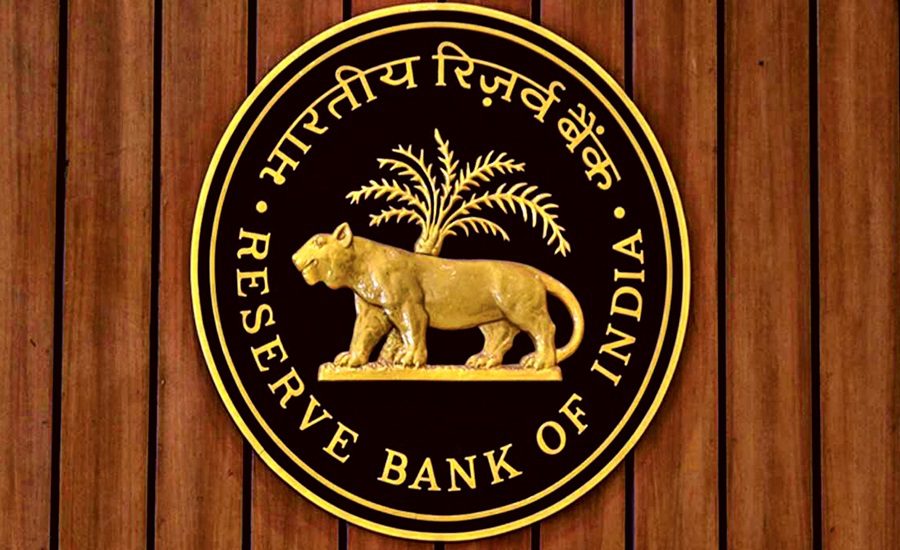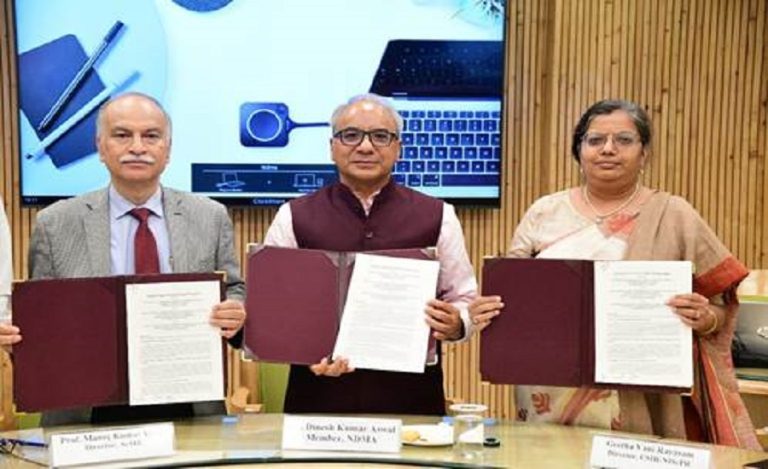New Delhi: In a significant development, the Central Government has nominated Anuradha Thakur, a 1994-batch IAS officer of the Himachal Pradesh cadre and current Secretary, Department of Economic Affairs (DEA), as a Director on the Central Board of the Reserve Bank of India (RBI).
The appointment is effective from July 24, 2025, and will remain valid until further orders, according to an official notification issued on Friday.
Thakur Succeeds Ajay Seth
Anuradha Thakur replaces Ajay Seth (IAS:1987:KN), who recently superannuated from the post of DEA Secretary. Seth had been serving as a Director on the RBI Board during his tenure and was instrumental in policy coordination between the Finance Ministry and the central bank during a critical post-pandemic economic phase.
Strengthening Finance Ministry’s Role in Monetary Governance
With this appointment, Thakur becomes the latest senior bureaucrat to represent the Ministry of Finance on the RBI’s apex decision-making body. The Central Board is pivotal in shaping monetary policy, overseeing the RBI’s financial stability efforts, and advising on broader economic issues.
Thakur brings with her extensive experience in fiscal management, public policy, and economic affairs, and is expected to contribute to discussions on monetary-fiscal coordination, financial inclusion, and capital market development.
About Anuradha Thakur
Before her current role, Thakur served in key positions at the Ministry of Finance and Ministry of Youth Affairs & Sports, where she was known for her strategic approach to financial reform and policy implementation.
As DEA Secretary, she oversees critical segments of India’s economic architecture including budgetary planning, external finance, and infrastructure financing frameworks.
RBI Central Board: Role and Composition
The RBI Central Board of Directors comprises official directors including the Governor, Deputy Governors, and government-nominated members. It is responsible for overall supervision of the RBI’s functions, including monetary policy formulation, banking regulation, and management of foreign exchange reserves.
Government-nominated directors, especially from DEA, provide policy continuity and alignment between fiscal and monetary institutions.
Read Also: RBI Staff Paper Warns: 10% Rise in Crude Oil Prices Can Push Inflation by 0.20%
About RBI
The Reserve Bank of India (RBI) is the central bank of India, established on April 1, 1935, under the RBI Act, 1934. It is responsible for regulating the issue and supply of the Indian rupee, maintaining monetary stability, and overseeing the country’s banking and financial system. Headquartered in Mumbai, the RBI also formulates monetary policy, manages foreign exchange, and works to promote financial inclusion and economic growth. It plays a crucial role in ensuring the stability and efficiency of India’s financial infrastructure.




























